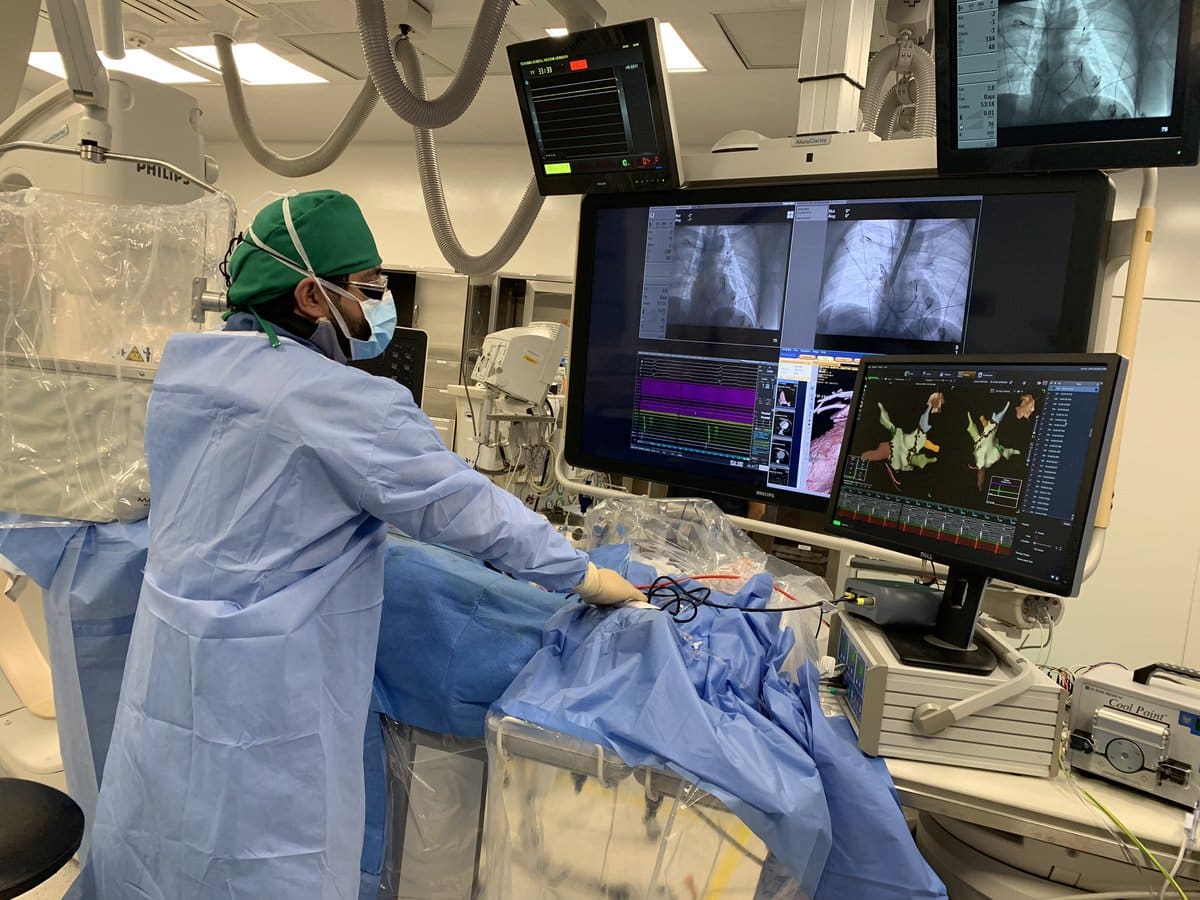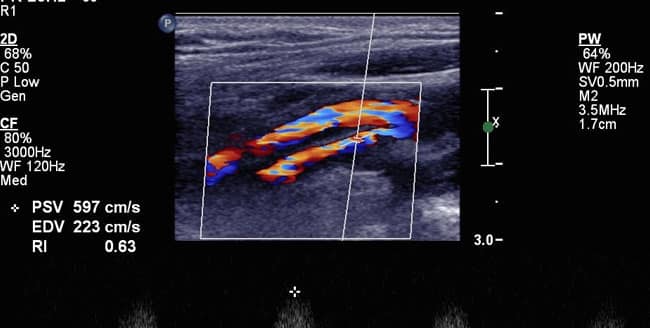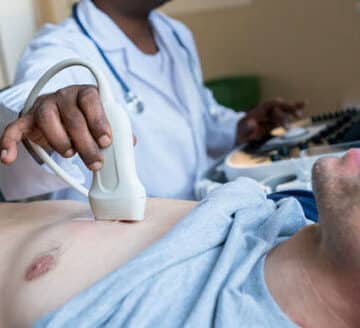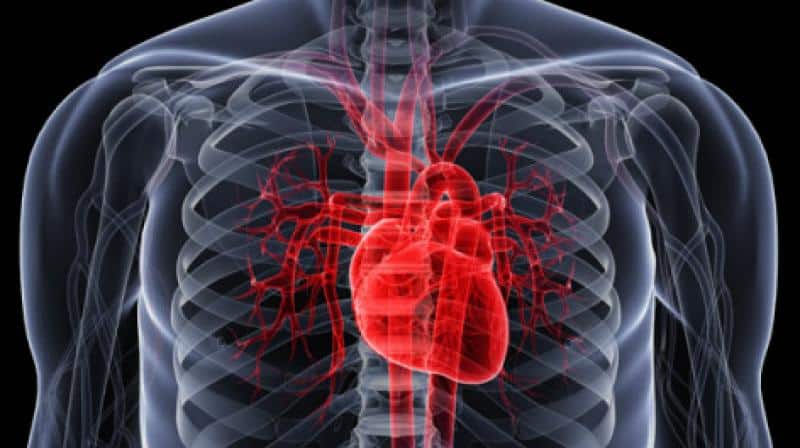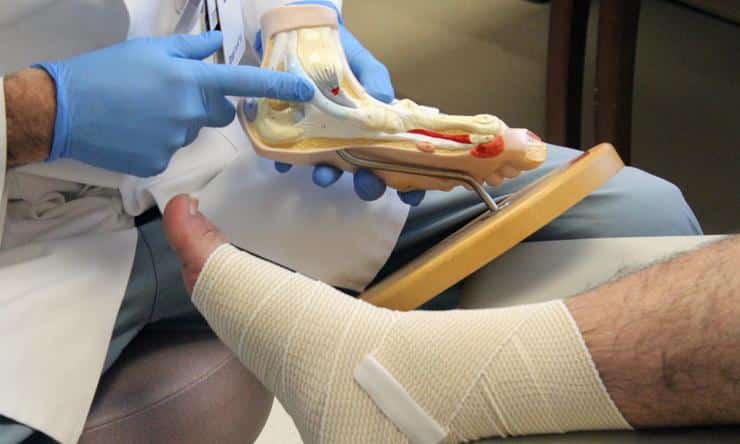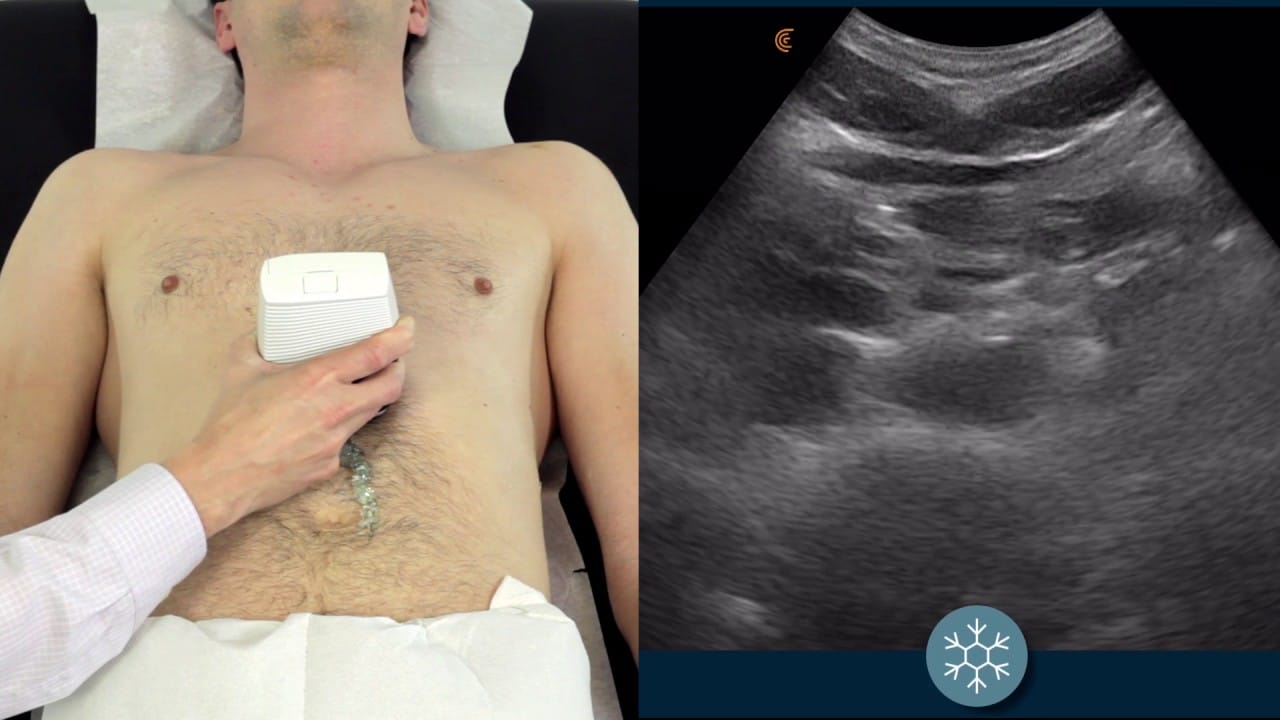Peak Heart & Vascular
Multispecialty Cardiovascular Group located in Laveen, Surprise, Avondale, Phoenix, and Flagstaff, AZ
Valvular heart disease makes the valves that regulate blood flow through your heart stiff or narrow, so your heart has to work harder. To prevent heart failure or cardiac arrest, it’s important to get expert treatment from the board-certified cardiologists at Peak Heart & Vascular in Laveen, Surprise, Avondale, Flagstaff, and Phoenix, Arizona. They can diagnose valvular heart disease before it reaches a critical stage, which could help you avoid surgery. Call Peak Heart & Vascular today to schedule a consultation or book online.
Valvular Heart Disease Q & A
What is valvular heart disease?
Valvular heart disease affects the valves that regulate blood flow in your heart. There are four valves, which open and close in harmony to optimize the passage of blood in and out of your heart.
If you’ve got valvular heart disease, it means your valves aren’t working properly because they’re too narrow or stiff. As a result, your heart has to work harder to keep pumping blood.
Common causes of valvular heart disease include:
- Atherosclerosis
- High blood pressure
- Bacterial infections
- Autoimmune disease
- Endocarditis
Without treatment, valvular heart disease can result in heart failure and, in some cases, fatal cardiac arrest.
What symptoms does valvular heart disease cause?
Sudden onset valvular heart disease might cause symptoms such as:
- Fever
- Fatigue
- Chest pain
- Irregular heartbeat
- Shortness of breath
- Dizziness
- Fainting
In many cases, valvular heart disease develops slowly and doesn’t cause any noticeable effects until it reaches an advanced stage.
How is valvular heart disease diagnosed?
The first step in getting a diagnosis is a consultation at Peak Heart & Vascular, where your provider conducts a review of your current symptoms and medical history.
They listen to your heart using a stethoscope, which helps them detect a murmur – a sign that there’s damage to the valves. They can also tell if the valve is leaking.
To confirm the diagnosis and evaluate the extent of your valvular heart disease, you might need to have an echocardiogram. This diagnostic imaging test uses ultrasound technology to produce real-time, moving pictures of the valves in your heart.
How is valvular heart disease treated?
Treatment for valvular heart disease aims to restore the flow of blood through your heart and prevent the problem causing potentially life-threatening complications.
In the earlier stages of valvular heart disease, your provider at Peak Heart & Vascular might prescribe medication. If you develop obvious symptoms of valvular heart disease, you might need to undergo surgery to repair the damaged valve or replace it if it’s not repairable.
One approach is a minimally invasive procedure called transcatheter aortic valve replacement (TAVR) or transcatheter aortic valve implantation (TAVI), where your provider places a new valve inside the old valve.
Regular heart health checks at Peak Heart & Vascular can help you avoid the risks of untreated valvular heart disease by picking up the condition early on. If you already have symptoms of valvular heart disease, you should contact the team as a matter of urgency.
Call Peak Heart & Vascular to schedule a consultation or book an appointment online today.

